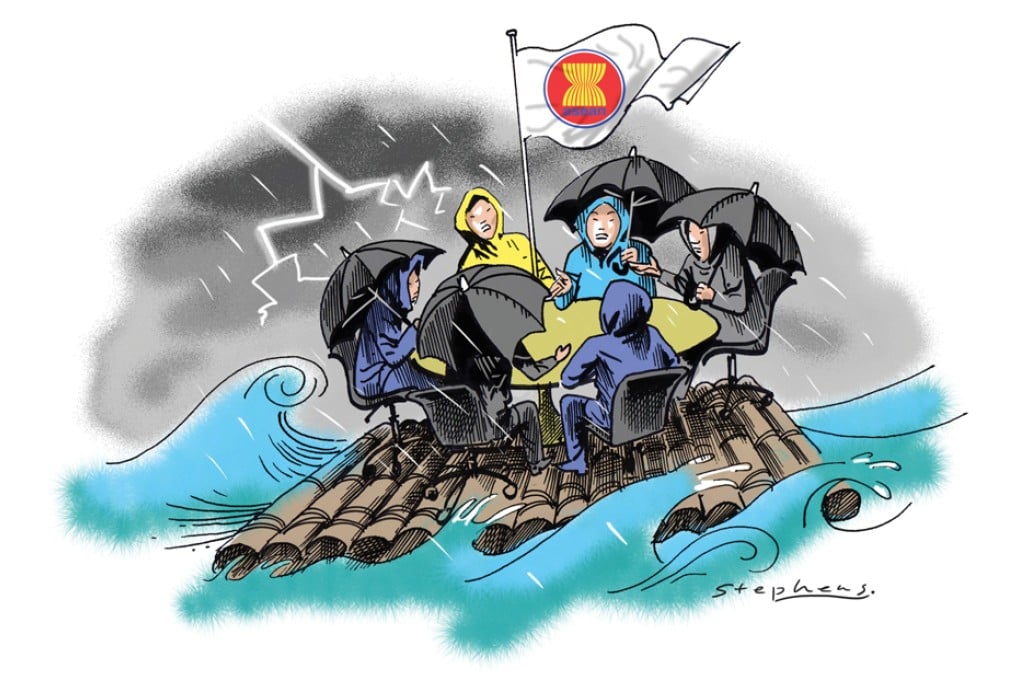Asean leaders ride out the South China Sea storms
Simon Tay says Asean leaders wisely managed to avoid controversy over South China Sea issues during their Myanmar summit, focusing instead on matters where progress could be made

When leaders of the Association of Southeast Asian Nations gathered this week in Myanmar, the weather forecast was for high temperatures combined with a chance of storms. The political atmosphere proved similar, with lightning-rod issues converging on the regional group's first summit of the year.
South China Sea disputes demanded attention, with strained relations between China and some Asean members coming to the boil amid new developments. Just days before the summit, Vietnam and China traded accusations over ships being rammed as Beijing put in place a rig to begin drilling for oil. The Philippines, meanwhile, arrested 11 Chinese nationals for illegal fishing, even while China continued to demand their release.
Other Asean members face domestic problems, most visibly Thailand. The kingdom was represented only by a deputy caretaker premier, Phongthep Thepkanjana, following the constitutional court's decision last week to remove prime minister Yingluck Shinawatra and nine other ministers on charges of abusing power.
What can Asean do in disputes involving China? In face of some members' domestic problems, can Asean progress to be a community? How could Myanmar, chairing the group for the first time, cope?
On the South China Sea, Vietnam's prime minister, Nguyen Tan Dung, claimed China had committed "dangerous and serious violations". Manila also issues complaints about China. No one contradicted these voices, but without Beijing present, the group declined to judge the issue, in the interests of fairness.
Realistically, the summit could never have expected to do anything more. The much more modest aim was to avoid a disaster akin to events two years ago when the then chair, Cambodia, appeared to favour China and the meeting ended in an impasse. Avoiding a repeat could not be taken for granted, however.
After all, Myanmar is not only chairing the grouping for the first time; it also maintains a close relationship with Beijing. Even as the country has opened up to others, including the US, the Chinese presence is strong in the economy and a permanent factor because of their long, shared border.
